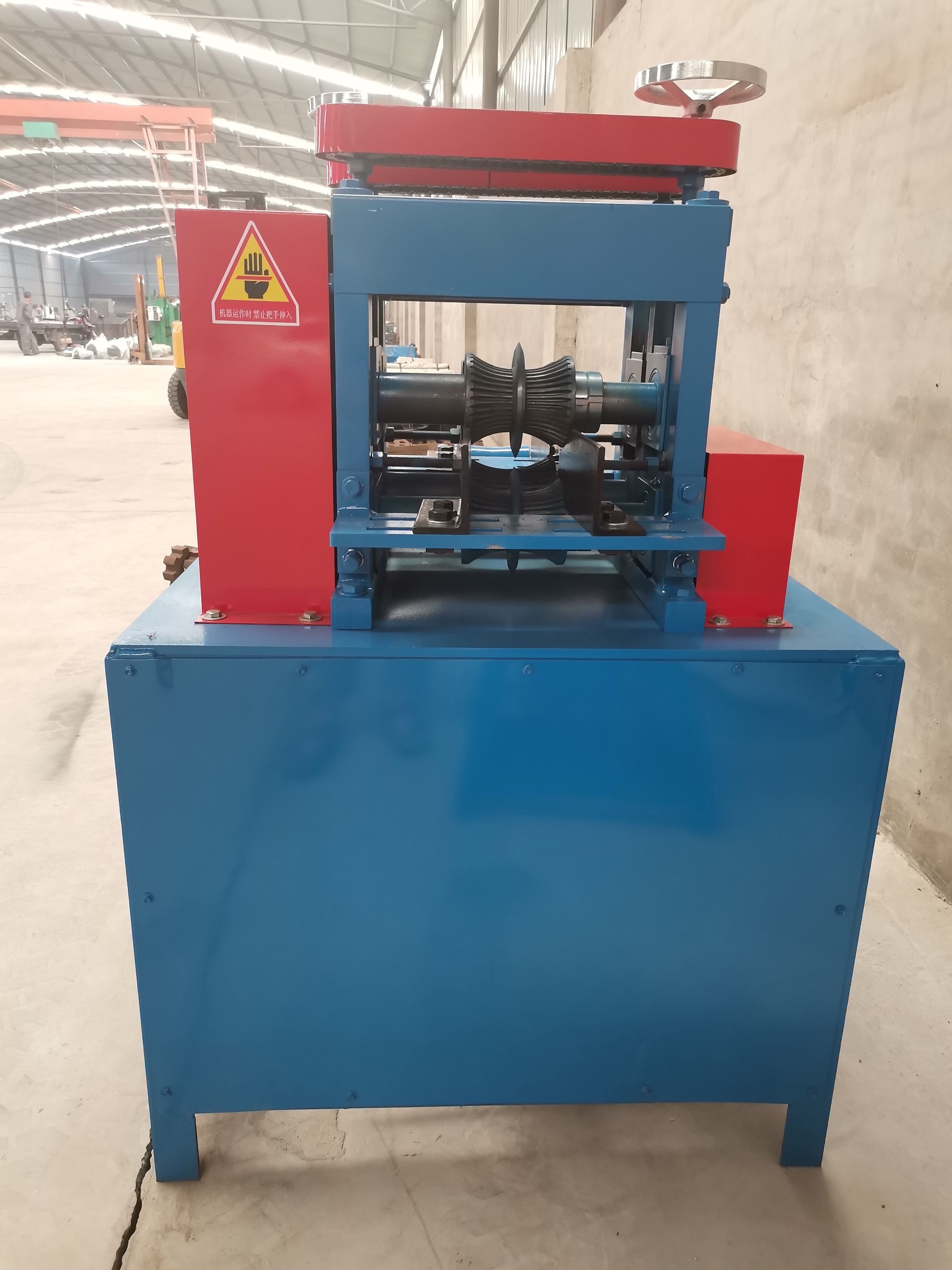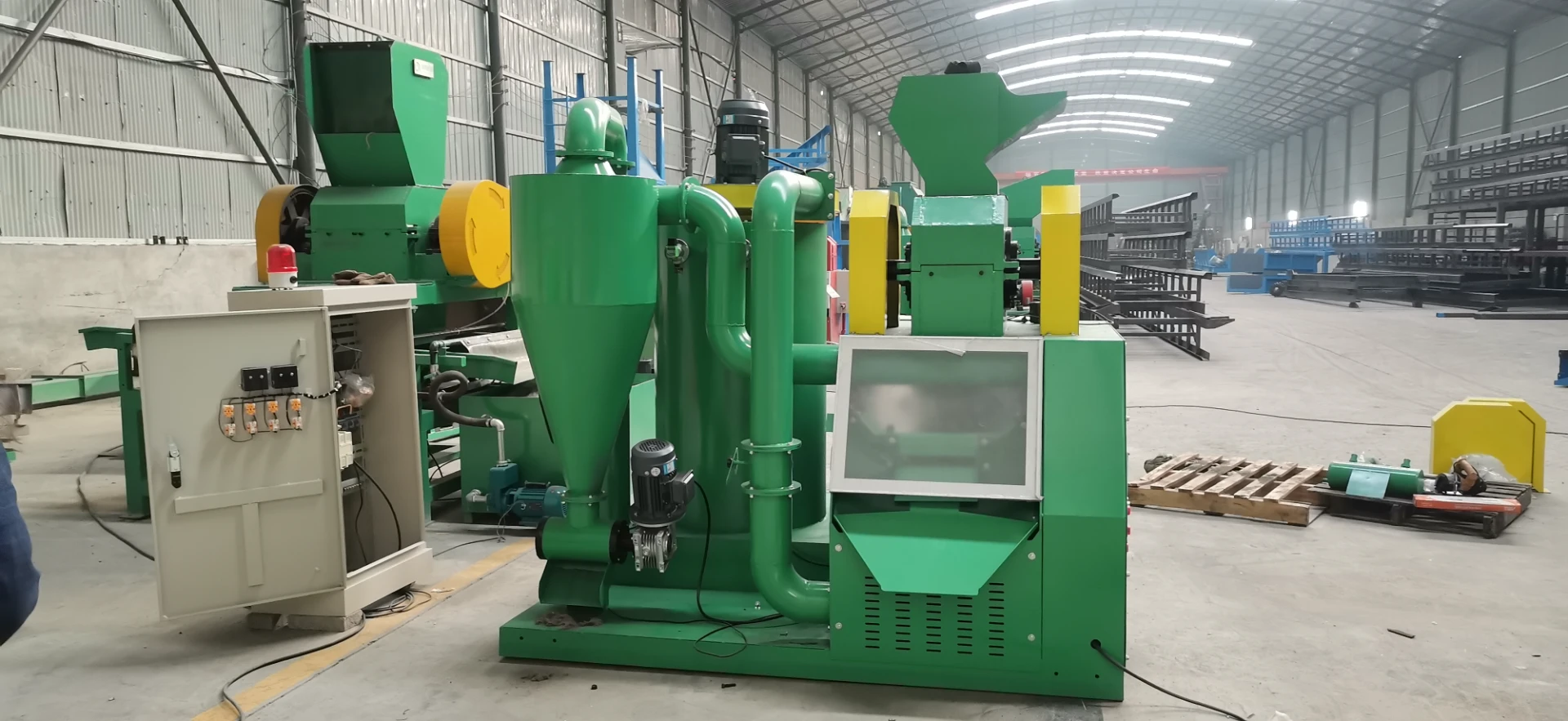In the realm of industrial machinery, the granulator emerges as an unsung hero, pivotal in transforming raw materials into finely granulated particles, thereby optimizing them for further processing, recycling, or disposal. This intricate machine finds its application across diverse industries, including plastics, pharmaceuticals, and food processing, due to its capacity to reprocess materials into granules of uniform size and shape.

The essence of how a granulator functions rests upon its ability to apply mechanical force to break down larger substances into smaller, more manageable particles. Granulators typically consist of robust metal frames housing a dynamic array of rotating blades or knives. These components are engineered with precision to ensure that the material is shredded consistently and efficiently.
When a raw material is fed into the granulator's loading area, it encounters a rotating set of blades driven by an electric motor. The centrifugal force generated by these spinning blades propels the material toward stationary blades stationed within the chamber. This encounter results in a scissor-like action that continually cuts and reduces the material's size with each pass. The granules are subsequently filtered through a screen at the base of the chamber, ensuring only particles of the desired size exit the granulator, while larger pieces are retained for further reduction.

The choice of blade configuration—single-axis, double-axis, or even helical blades—varies depending on the intended use and material type, each offering unique benefits. Single-axis granulators, often suitable for softer materials, achieve particle uniformity with fewer blade movements, whereas double-axis granulators handle tougher materials, providing more aggressive cutting action. Helical blades offer continuous cutting, ideal for highly demanding applications.
In addition to the cutting efficiency, granulators are distinguished by their screen configurations, typically depicted in varying mesh sizes. The screen not only serves as a safety measure, preventing oversize particles from passing through, but also allows operators to define the final granule size. Adjustments to this mesh size can customize the final product to meet specific industrial standards.
how does a granulator work
Granulators offer nuances that extend beyond their mechanical components and delve into the material science aspects of the materials they process. Understanding material characteristics such as toughness, elasticity, and moisture content is instrumental in optimizing granulation processes. For instance, materials with high rigidity may require specially hardened blades to withstand the wear and tear, while flexible materials could benefit from lower RPM settings to prevent jamming issues.
Modern granulators have evolved with technological enhancements, integrating automation and advanced monitoring systems. Smart sensors embedded within these machines offer real-time data, such as temperature, blade wear, and granulation speed, allowing operators to make informed adjustments to enhance efficiency. Furthermore, automated lubricating systems ensure blades are maintained in optimal condition, reducing downtime incurred by maintenance.
The deployment of granulators is also a reflection of a company’s commitment to sustainability. By enabling efficient recycling and repurposing of materials, granulators significantly reduce industrial waste, embodying environmental responsibility. This capability underscores the importance of selecting the right granulator model based on production requirements and sustainability goals.
In conclusion, the granulator is more than just a machine; it's a cornerstone of modern manufacturing efficiency. By understanding its operational principles, businesses can harness its potential to unlock the economic and environmental benefits of precise material processing. Whether in plastics recycling, food preparation, or pharmaceutical refinement, the granulator stands as a testament to engineering prowess and industrial ingenuity.



